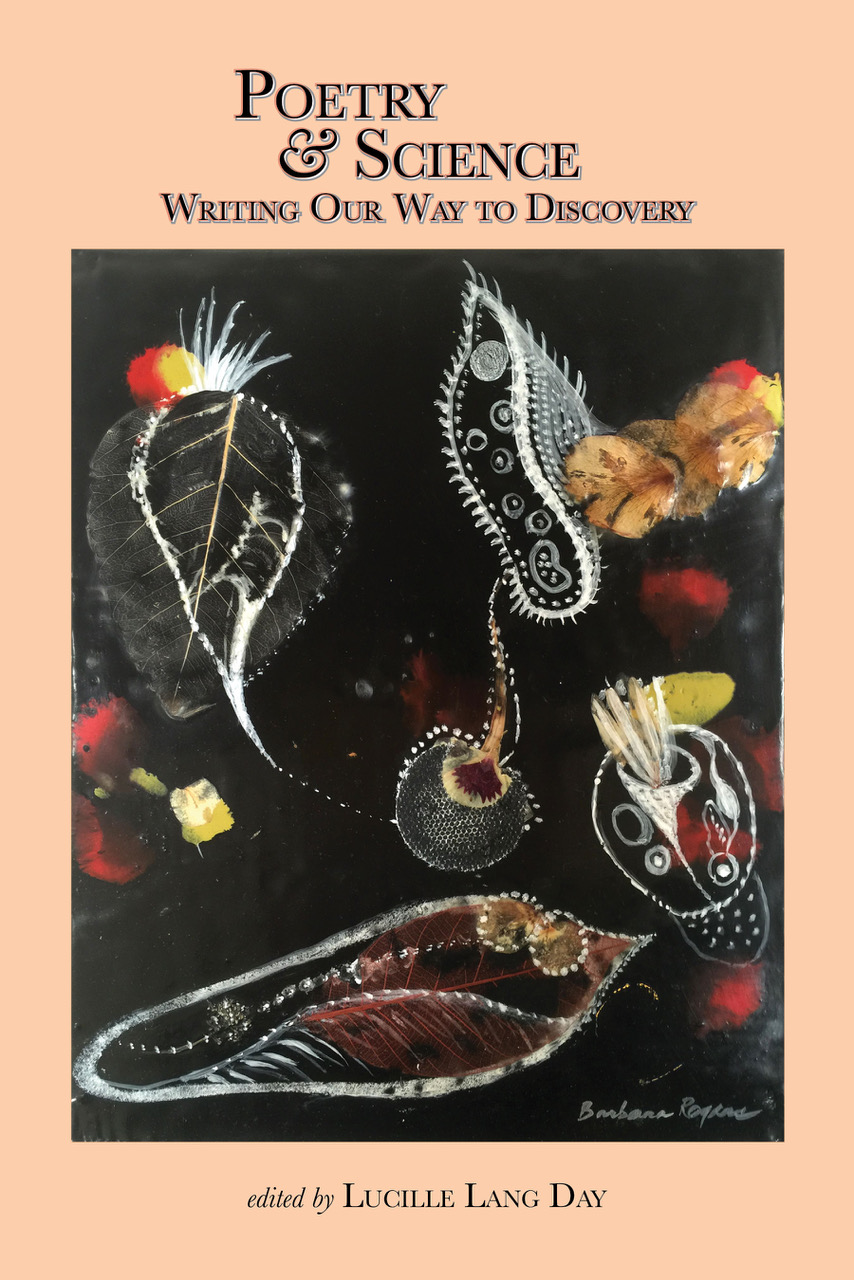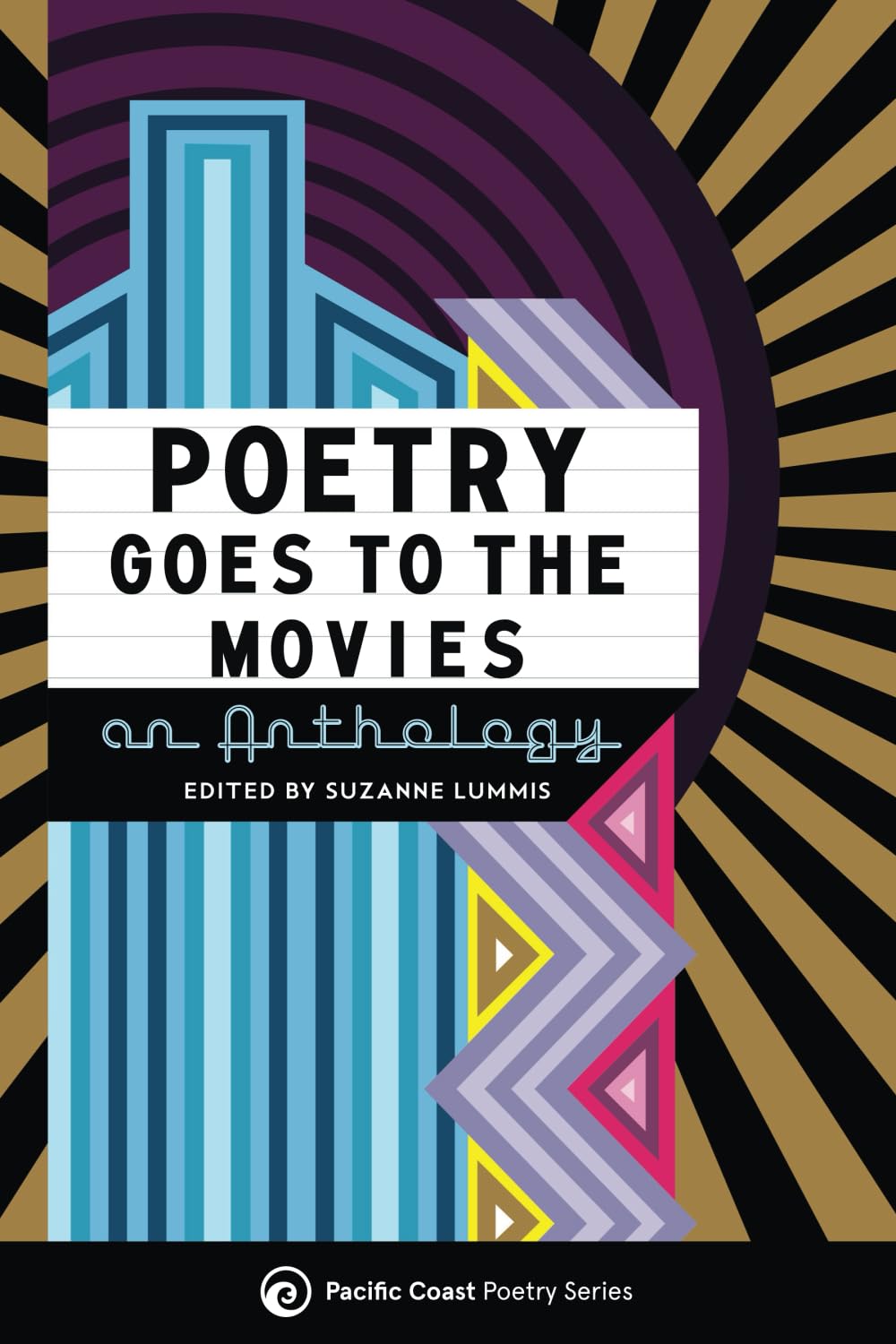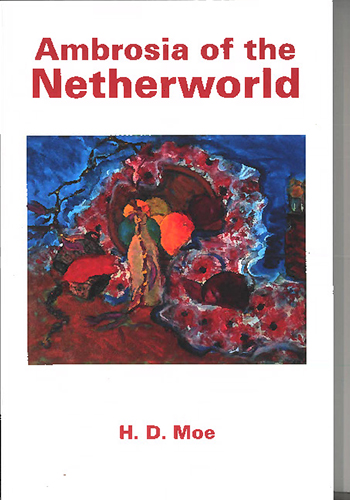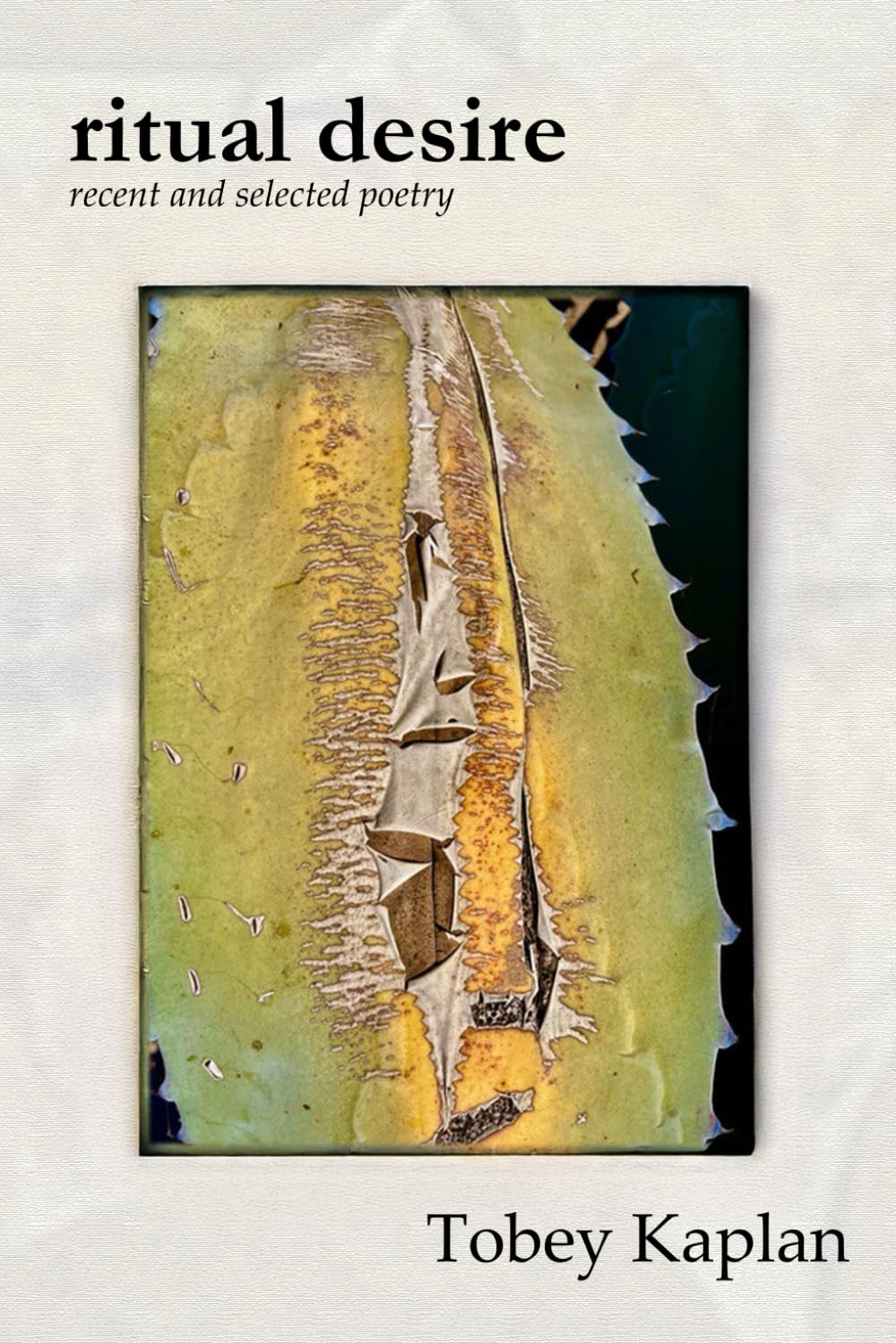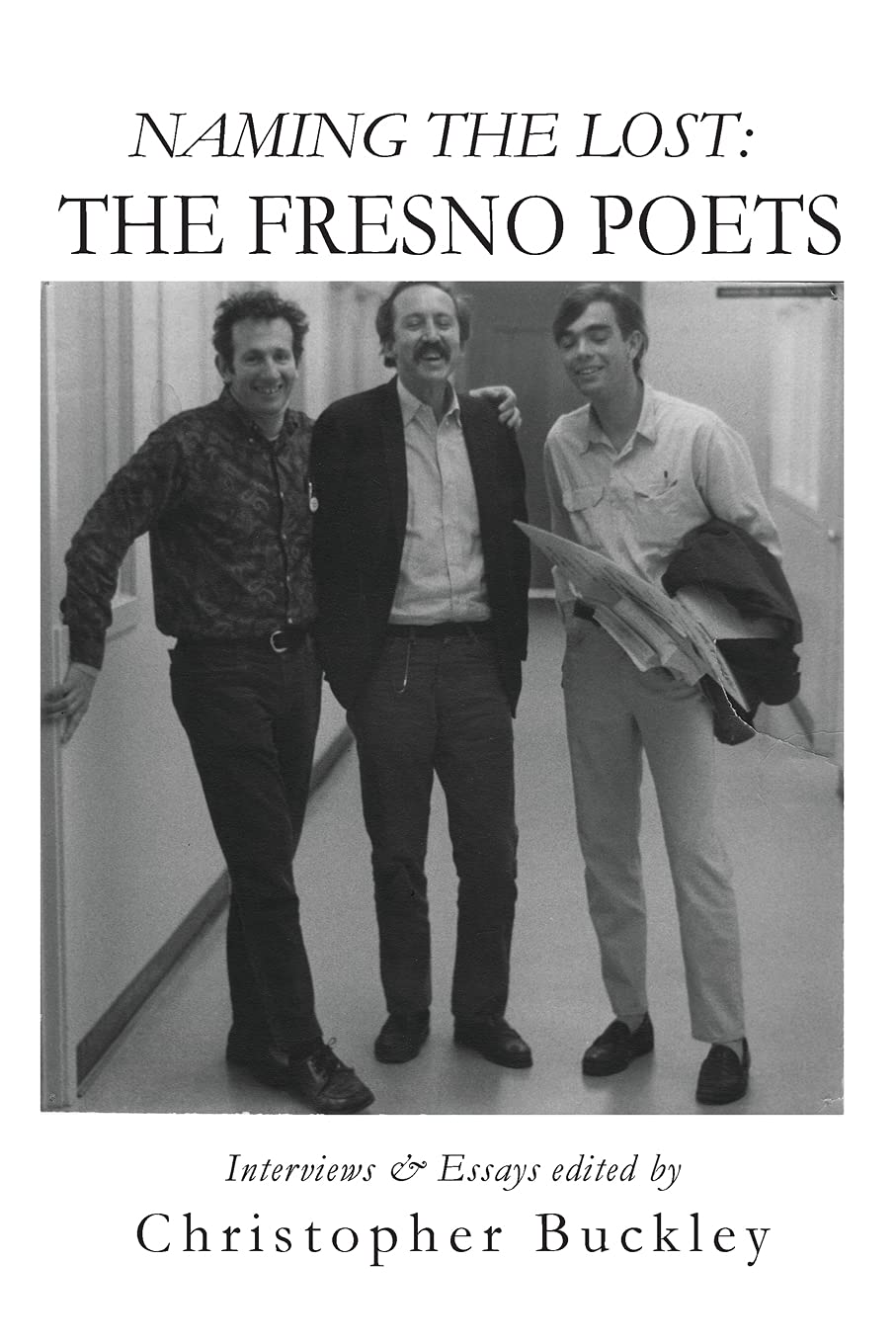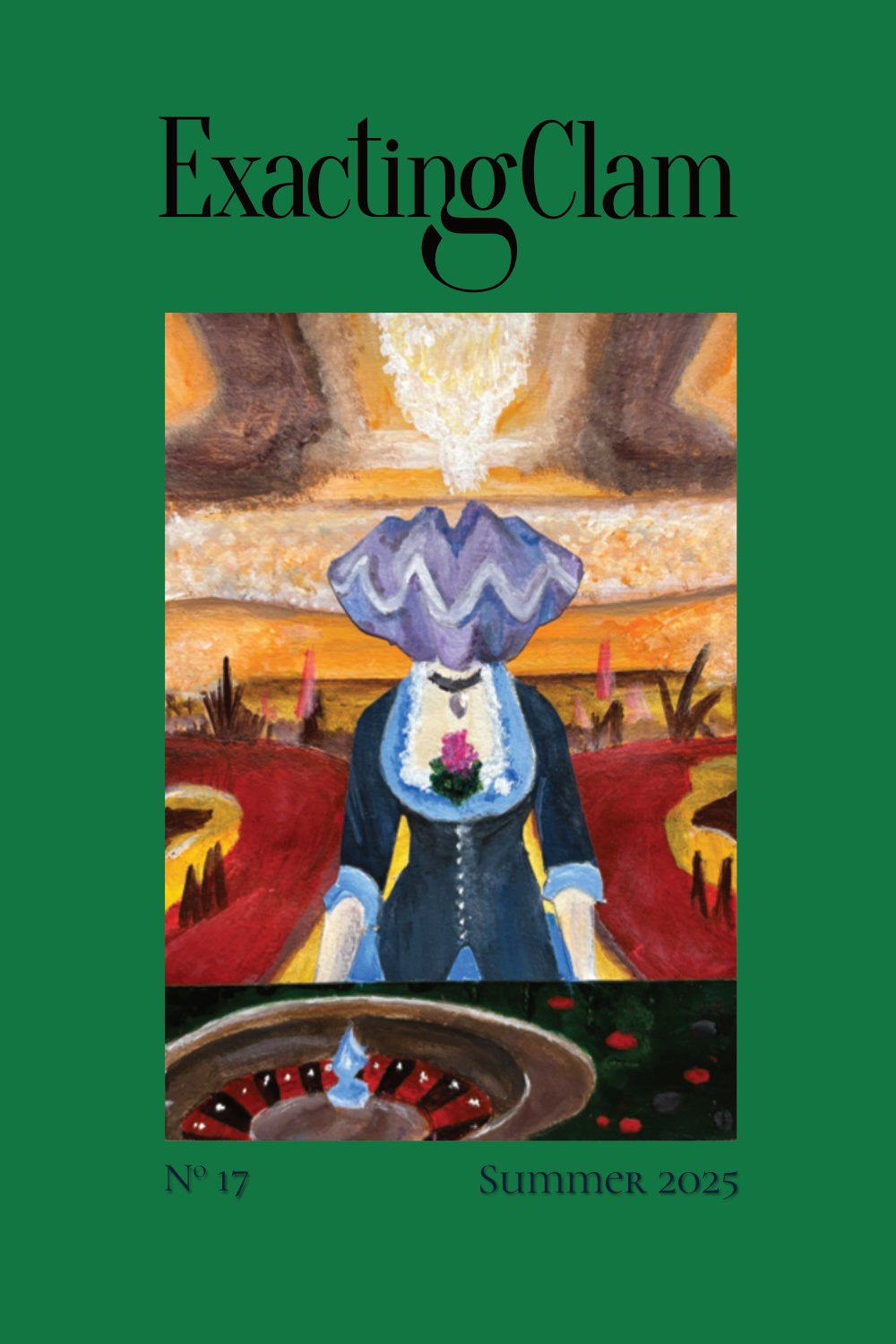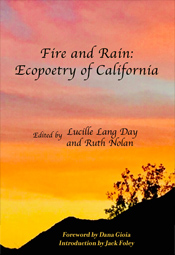
Interrogating the Unconscious
a review by Lee Rossi
The Occasionist, by Curt Anderson, Hip Pocket Press, Orinda, California, 86 pages, $15.00 paperback, www.hippocketpress.org.
LATELY I'VE BEEN ASKING MYSELF what the contemporary poetry audience is looking for. Time was when all a poet needed was a little solas and a bit of sentence to edify a reader. These days the audience for poetry, such as it is, is much more various. Not that it's larger, just that, having grown used to those 500 channels on cable TV, the audience for it wants something more personalized, an idio-cast, as it were, something that fits like a glove, or a straitjacket.
Who then is the ideal audience for Curt Anderson's wonderful book, The Occasionist? Certainly not the "white heterosexual males" who comprise his peculiar demographic. They are too busy watching the LFL (Lingerie Football League) and running the world (running it into the ground, some would say). Maybe Anderson's ideal audience does not yet exist. Maybe like Emily Dickinson he'll have to wait a hundred or two hundred years for his audience to catch up with him, for the world to arrive at such a sink of darkness and depravity, that any spark of the imagination will seem a marvel.
In the meantime, those of us who haven't yet traded the real world for virtual reality can find delight and consolation in Anderson's startling little book. On the spectrum from literal to the figurative, Anderson's poems, whatever their subject (and his subjects are various), land near the ultra-violet. Even when they start in the red zone, they invariably progress into higher and higher frequencies. Part of this stems from Anderson's temperament; he seems never to have met a metaphor he didn't like. In his world Microcosm = Macrocosm, Interior = Exterior, Physiology = Geology, or to put it in its most general terms, Subject (ego, id & superego) = subject (whatever the poem is about).
In "The Auto Body Shop," for instance, the body, the human body, is treated like a languishing Toyota. "Your heart was idling a little high," says the poet, "so I adjusted your valves, soaked your lungs in Gumout and then welded your ribs back in place." Unfortunately, this Celestial Mechanic notices problems not just with the hardware but also with the software: "After I flushed out your memory, I discovered an abusive father figure blocking access to nurturing archetypes, so while I was there I balanced your ego and superego and replaced the cables leading to your libido." Would that it were always this simple. But I suppose the point of the poem is that it's never this simple, except in the imagination.
Similarly playful, similarly serious is "Good Morning America," a would-be wake up call delivered sotto voce. "May I direct your attention," he says addressing the reader, "to…the venereal salesman [lying] beside the perennial blonde/ her pink slipper drifting irretrievably toward fascism." No, it's not the prettiest picture, even if "the great rivers conduct their marriages in bookish silence." In fact, it's time to wake up and join "the dough-faced immigrants as they begin/ to sing our national anthem." But not too loud, he cautions, "lest we wake the government." It is yet another season of discontent, but despite that perennial fact this poet is on the job, offering what consolations he can. In "Good Morning America" these consolations include a zest for derision as well as an effervescent imaginative brio.
Sex and the chthonic forces which power creativity are other such consolations. In "Litany," for example, he prays:
let the lips of the lovers visit their monuments
and their tongues break their tethers…
let us take off our clothes like bandages
let us pray on each other
Reading this poem as well as others in the collection, one might ask, what is the source of its energy, the conscious or the unconscious mind? Is Anderson a wit or a surrealist. I would propose that his best poems are powered by both, or by whatever their unitary root might be.
"Platonic Love" exhibits a similar joie de vivre as well as a willingness to use, and misuse, learning in service to other kinds of delight. In a series of puns, the poem employs the names of philosophers and savants as proxies for the mundane and the lurid:
We dine at Adorno and return to my Beauvoir.
She compliments me on my Bachelard pad…
After pausing an Unamuno, I wrap my arm around her Hegel.…
I confess to her what's in my Eckhart. We Locke.…
I run my finger along her Heraclitus as she fondles my Bacon.
She stops to ask me if I brought any Kierkegaard. I nod.
We Foucault.
Would that the world were filled with such high-minded raunchiness!
Of course, there is more to life than bawdy hi-jinks. "Dark Room," for instance, is a multi-part elegy for his father. "The dead never stop/ dying," he tells us with uncharacteristic directness. The language is muted, but still recognizably Anderson's:
father
you grow
old and human
the street tilts
toward evening
puddles blink
with rain
your head
drops
into my hands
A similar sobriety inhabits poems like "Paso del Cedral." Like Adrienne Rich's diver, Anderson interrogates the Unconscious, symbolized in this case by a reef near Cozumel. He is "a human bubble, a thought// drifting between death and air." But he is not alone. His Muse accompanies him, pointing "to an octopus…casting its silt shadow." Above them the terrestrial, waking world is imbued with sadness, "a heavy rain bunching the surface," but here below everything is transformed, "the spout of her ponytail spread like ink on the water." She is at once woman, octopus, and source of inky expression.
At times Anderson's distinctive style verges on mannerism, but it is a temptation of which he seems quite aware. In "The Prettiest Poem in Town," for instance, he lampoons the easy self-absorption of poet and audience, issuing a gentle warning against decadence. In this literary lotus land "a den of readers,…addicted/ to sound, recline…[on] a bed of letters…[as] images bloom and scatter down/ the page." Poems, he seems to say, should not just BE but also MEAN.
In this surprising and satisfying debut, Anderson demonstrates a fully formed voice and worldview. He fuses fragments of lived experience with bulletins from the imagination into objects that hint at the possibility of emotional and psychological wholeness. ![]()
Lee Rossi's most recent poetry book is Wheelchair Samurai. Among his previous collections is Ghost Diary. A staff reviewer and interviewer for the online magazine Pedestal, and a contributing editor for Poetry Flash, his poetry, reviews, and interviews have also appeared in The Beloit Poetry Journal, Poetry East, Chelsea, and elsewhere. He lives in San Carlos, California.
— posted November 2016











































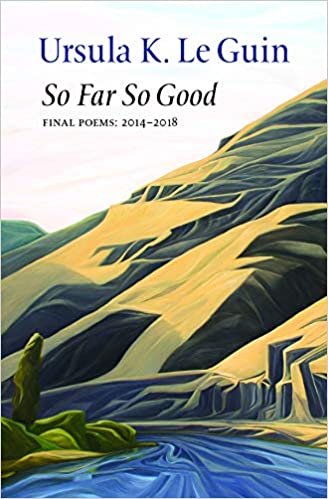 So Far So Good: Final Poems, 2014-2018
So Far So Good: Final Poems, 2014-2018 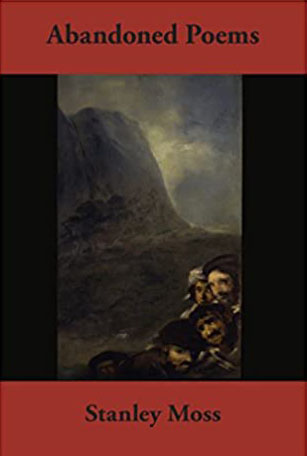 Abandoned Poems
Abandoned Poems 















 Mississippi
Mississippi 


















































